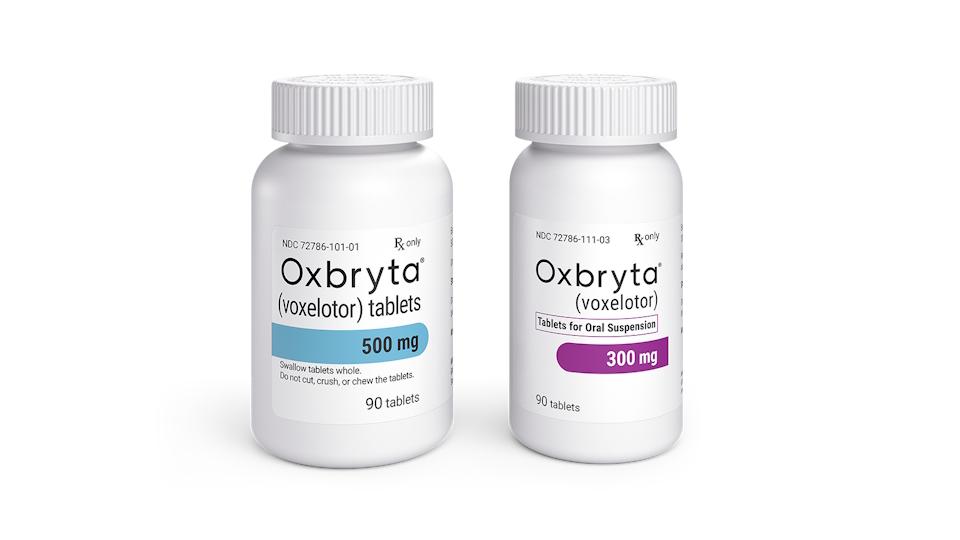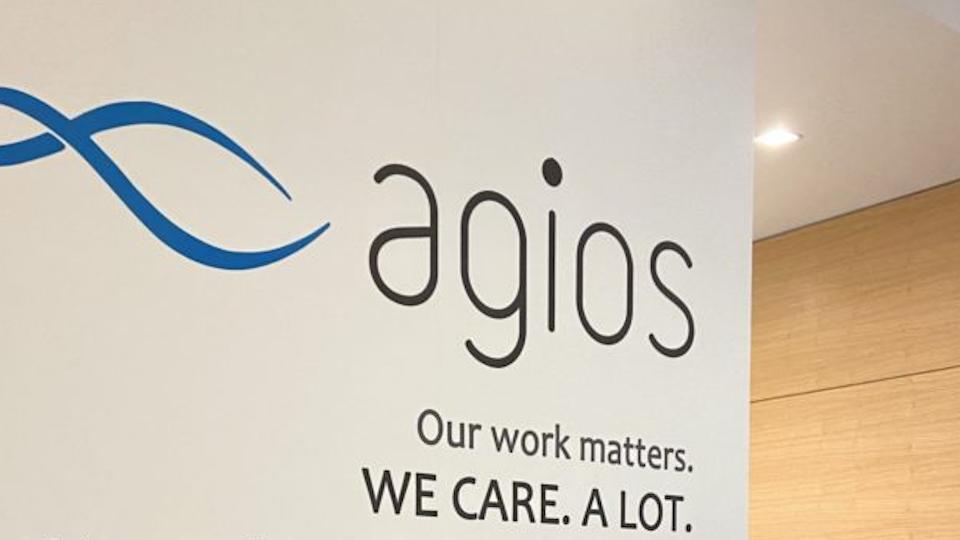Pfizer pulls sickle cell med Oxbryta off market after deaths

Pfizer is voluntarily withdrawing its sickle cell disease (SCD) therapy Oxbryta from all world markets after finding an "imbalance" in deaths in its clinical trials programme.
It's a blow to the SCD community, as Oxbryta (voxelotor) was the first drug to reach the market that prevented sickle haemoglobin (HbS) polymerisation, the molecular basis of sickling and destruction of red blood cells in SCD.
The product has been launched in 35 countries around the world, including the US and Europe, and sales rose by 73% to reach $328 million last year, en route to peak sales that Pfizer had previously said could top $2 billion a year.
The promise of the drug – along with follow-up antibody therapy inclacumab for SCD – was behind the company's $5.4 billion takeover in 2022 of Global Blood Therapeutics (GBT), which brought Oxbryta to market in 2019.
Pfizer said in a statement that its decision is based on "the totality of clinical data that now indicates the overall benefit of Oxbryta no longer outweighs the risk in the approved sickle cell patient population."
A fresh look at that data now points to "an imbalance in vaso-occlusive crises and fatal events which require further assessment," and the company has pulled the drug from the market, recalled all distributed lots, and halted ongoing clinical trials while that is carried out.
The decision hasn't come completely out of the blue, as the EMA launched a review in July after reports of fatalities in clinical trials.
Prior to Oxbryta's approval, doctors could only treat the symptoms of the inherited blood disorder, which particularly affects people whose ancestors are from sub-Saharan Africa, as well as people of Hispanic, South Asian, Southern European, and Middle Eastern origin.
SCD causes anaemia and excruciatingly painful crises – sudden blockages of blood vessels – that often require hospitalisation and can lead to life-threatening complications, including stroke and irreversible organ damage.
"The safety and well-being of patients is of the utmost importance to Pfizer, and we believe this action is in the best interest of patients," said Aida Habtezion, Pfizer's chief medical officer and head of worldwide medical and safety.
"Our primary concern is for patients who suffer from SCD, which remains a very serious and difficult-to-treat disease with limited treatment options," she added. "We advise patients to contact their physicians to discuss alternative treatment while we continue to investigate the findings from our review of the data."
Other drugs have been launched for SCD in recent years, including Novartis' antibody Adakveo (crizanlizumab) for the prevention of vaso-occlusive crises, as well as Vertex Pharmaceuticals' Casgevy and bluebird bio's Lyfgenia – both autologous cell therapies that seek to address the underlying genetic defect in SCD.
Adakveo has, however, also run into problems, and has been taken off the market in Europe after it failed to reduce crises in the confirmatory phase 3 STAND trial, although, it remains on sale in the US and other markets. The Sickle Cell Society described the decision to withdraw its European marketing authorisation as a significant setback for patients.












